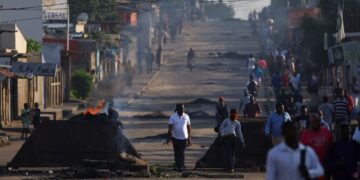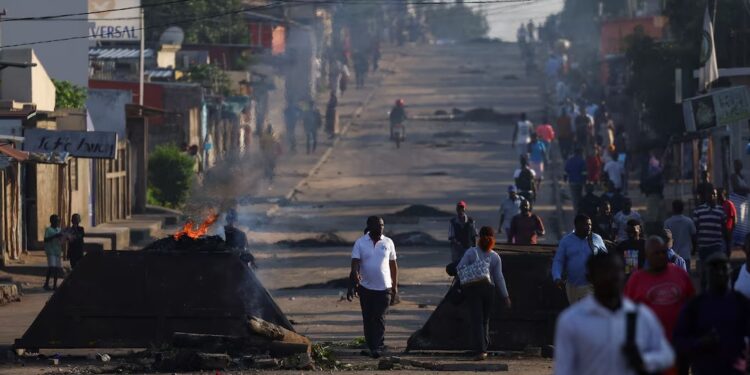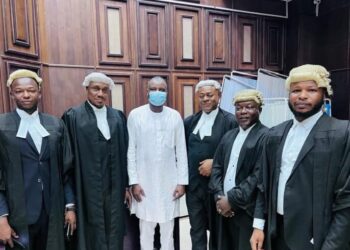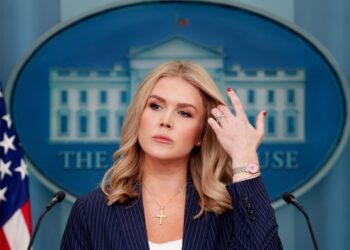By Ebi Kesiena
Mozambique’s government has announced a nationwide ban on demonstrations in a bid to restore public order following deadly protests that erupted in October after disputed presidential elections.
Interior Minister, Arsénia Felicidade Massingue urged citizens to cooperate with authorities, describing the unrest as “acts of terrorism.” The protests have seen clashes between demonstrators and security forces, with police deploying tear gas and rubber bullets. Last week, the military intervened to disperse a protest.
In addition to the crackdown on demonstrations, authorities have restricted internet access across the country. Human Rights Watch criticized the move, calling it an attempt to suppress public dissent and stifle criticism of the government.
The protests, sparked by allegations of election rigging, have resulted in over a dozen deaths and scores of injuries since early October, according to Human Rights Watch. The unrest prompted South Africa to close its main border with Mozambique, citing safety concerns.
The controversy stems from Mozambique’s October presidential election, where the ruling Frelimo party, in power for nearly 50 years, was declared the winner. Opposition parties and international observers have accused the government of electoral fraud, claims that the ruling party vehemently denies.
Meanwhile, as tensions continue to escalate, the government’s measures to quell dissent have drawn criticism from human rights organizations and added to the growing uncertainty in the region.




































